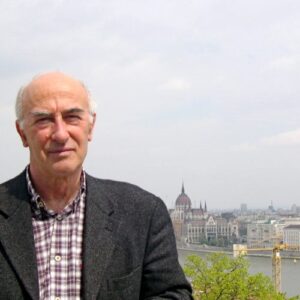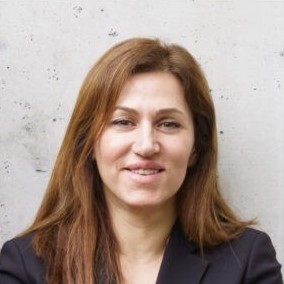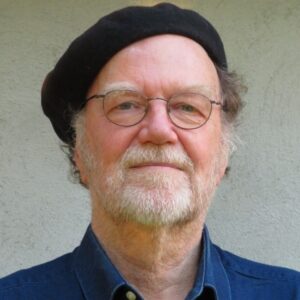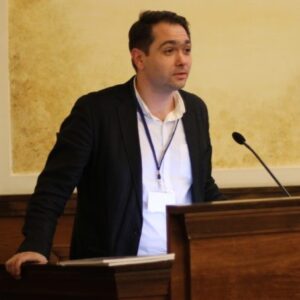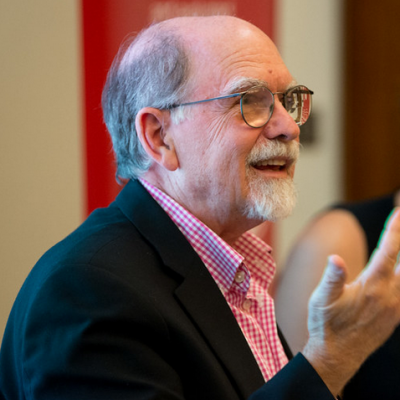War in ukraine
Maria Markantonatou and Claus Thomasberger
March 2022
The world has changed dramatically within a few weeks. Until February 24, 2022, hardly
any observer, especially in Europe, expected that Russia would attack Ukraine. Although
tensions rose for months, governments were ill-prepared for such a situation. There is no
doubt that Russia started and escalated the war. However, we want to draw attention to
the bigger picture and problematize the post-1989 transformation, Western influences,
tensions between capitalism and democracy, geopolitics, the international order, peace
prospects, possible political solutions, and related challenges. To find a way out of the
looming impasse, it is of utmost importance to comprehend the underlying conflicts and
their roots: How can we understand the current situation? What were/are the
misjudgments and the policy mistakes? How can the latter be corrected to prevent further
escalation?
The questions of geopolitics, the nature of international understanding, the
meaning of peace, political fallacies and their consequences, the importance of a sane
realism that takes moral facts as realities, occupied Karl Polanyi throughout his life.
Polanyi had East-Central European roots. He participated in World War I in Galicia (now
Poland/Ukraine) and was well aware of the tensions within countries with mixed
populations. The first two chapters of “The Great Transformation” deal with issues of the
international political and economic system. In the interwar period, Polanyi wrote more
than 100 articles and commentaries on international political conflicts, the policy
mistakes of the Great Powers, and how to avoid the looming catastrophe of World War II.
His essays were published in prestigious journals such as Der Österreichische Volkswirt,
Harper’s Magazine and The London Quarterly of World Affairs.
What can we learn for the current situation and the conflicts that led to today’s war
from Polanyi’s multifaceted and wide-ranging work on the interwar international order
and relations? Is there a connection between the decline of western civilization and
bellicose conflicts, as Polanyi suggested? Can we draw fruitful lessons from the policy
mistakes Polanyi analyzed?
.
